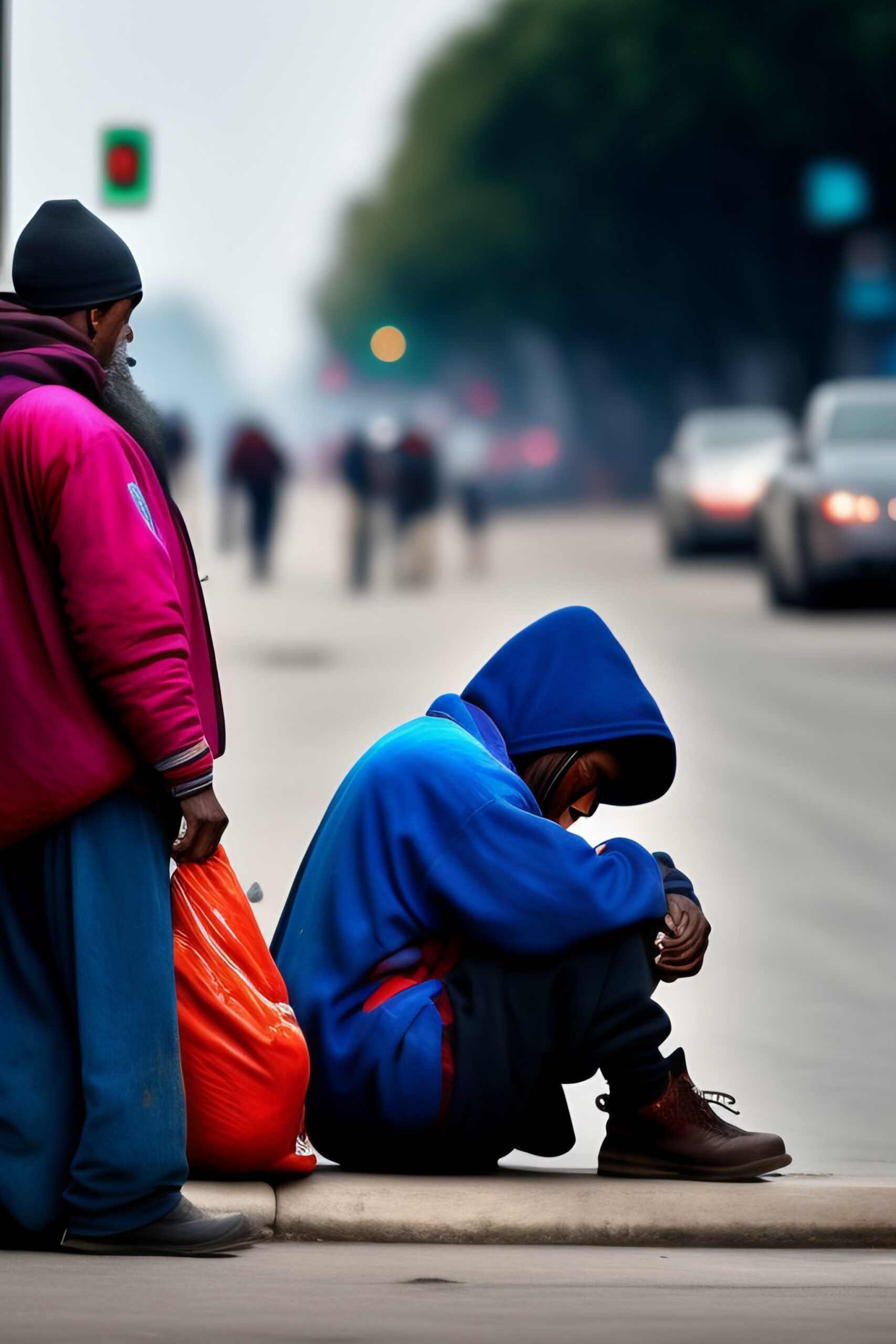Inequality is a pervasive issue in our society today. It is a complex problem that affects people of all ages, genders, races, and socioeconomic backgrounds. Inequality can manifest itself in many forms, including income inequality, educational inequality, and racial inequality.
Income inequality is a major issue in the United States. The gap between the wealthy and the poor is widening, and the middle class is shrinking. This means that the wealthy are getting wealthier while the poor are getting poorer. This has a negative effect on the economy, as it reduces the purchasing power of the middle class and makes it harder for them to save and invest.
Educational inequality is another form of inequality that affects many people. This is when students from different backgrounds have unequal access to educational opportunities. This can be due to a lack of resources, such as quality teachers and textbooks, or due to systemic racism and discrimination. This can lead to a lack of educational attainment, which can have a long-term impact on a person’s ability to get a good job and earn a living wage.
Racial inequality is also a major issue in the United States. People of color are more likely to experience poverty, unemployment, and incarceration than their white counterparts. This is due to systemic racism and discrimination, which has been embedded in our society for centuries. This has a negative effect on people of color, as it limits their access to resources and opportunities.
Inequality is a complex issue that affects many people in our society. It is important to recognize the various forms of inequality and to take steps to address them. This can include investing in education, providing job training and employment opportunities, and advocating for policies that promote racial and economic justice. By doing this, we can create a more equitable society for everyone.







